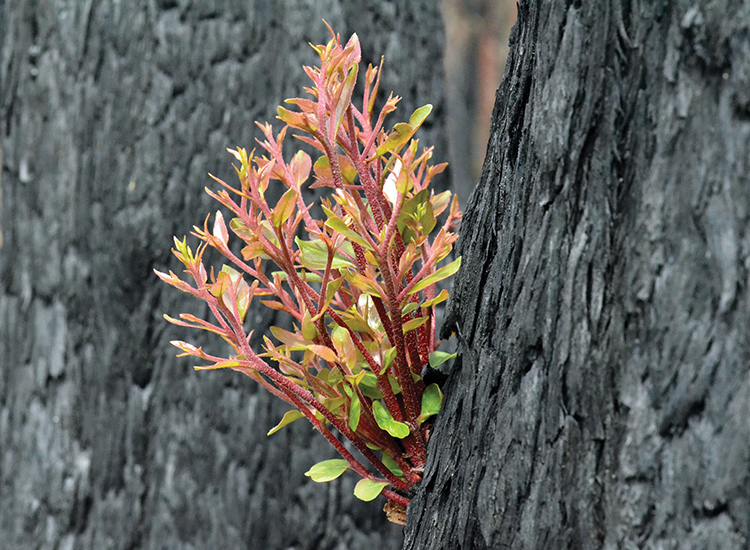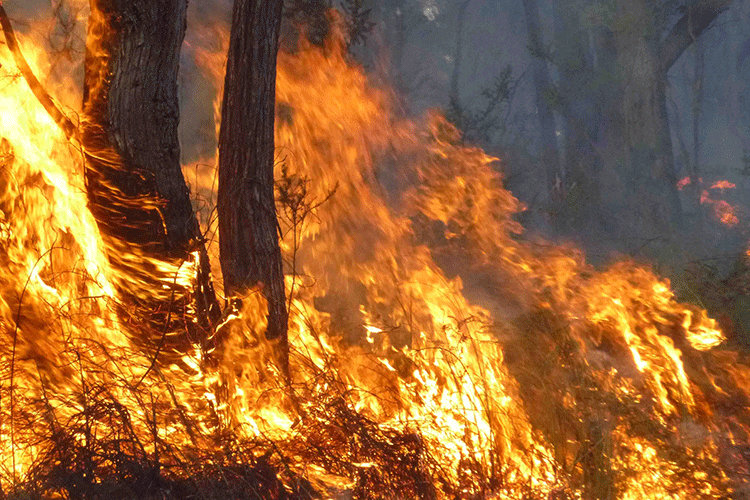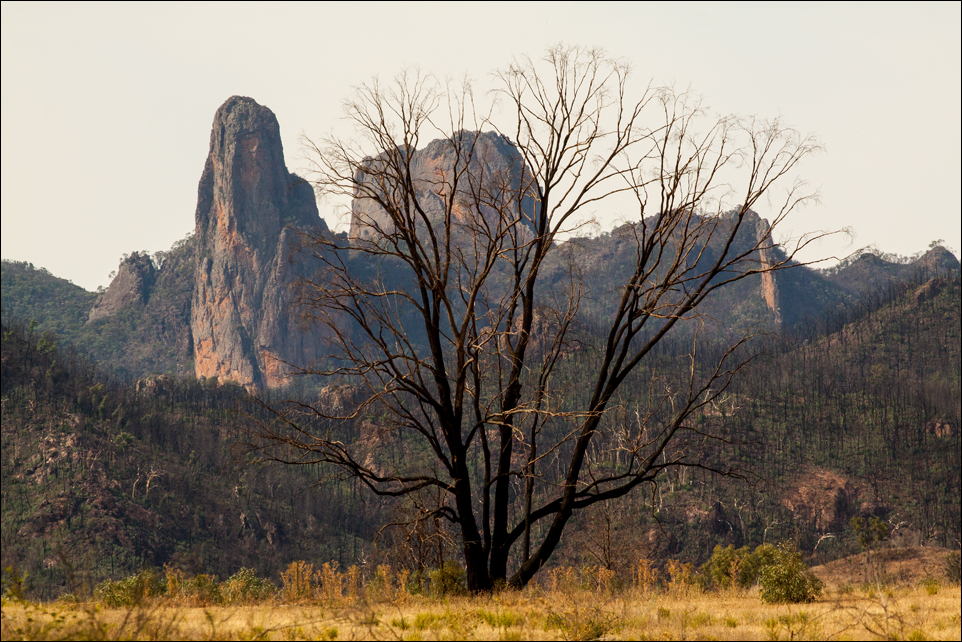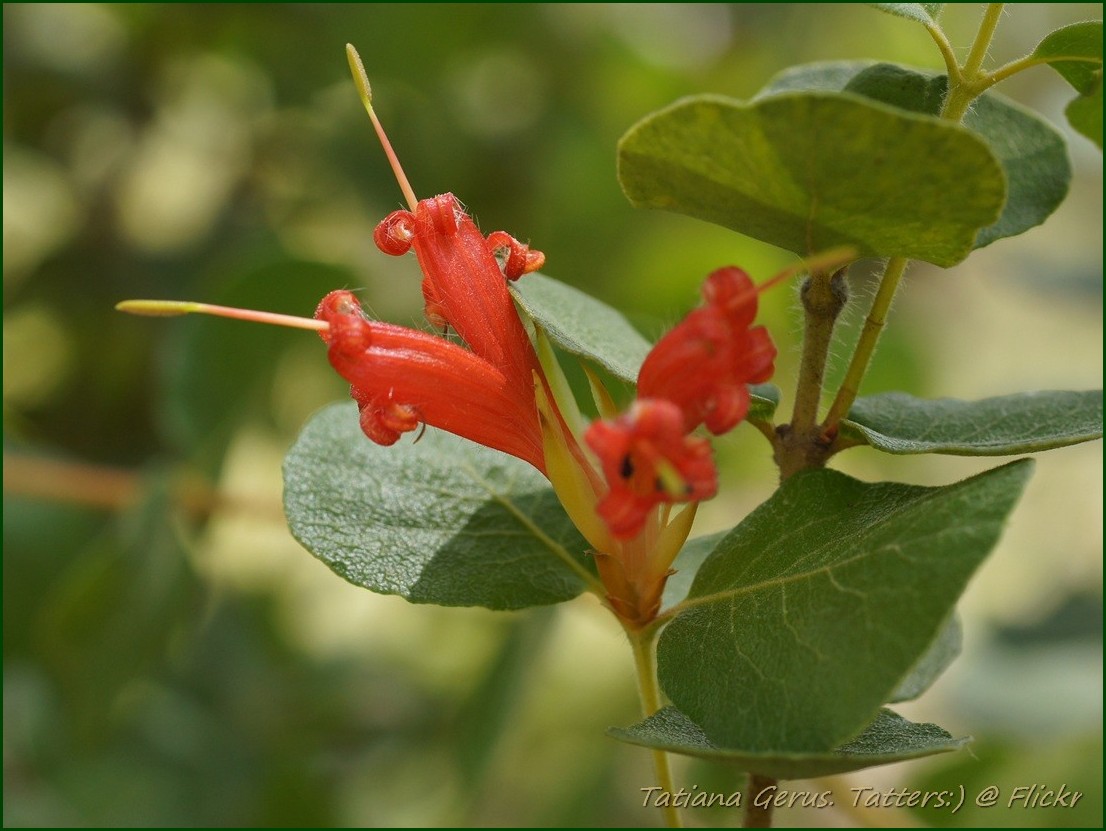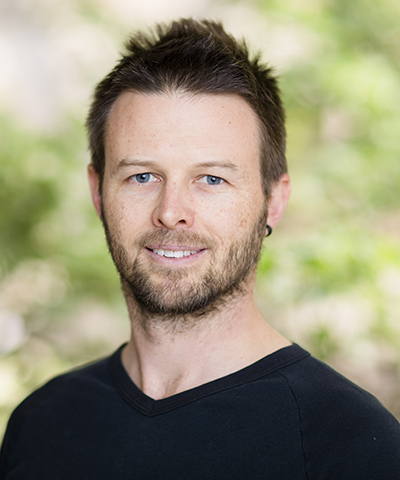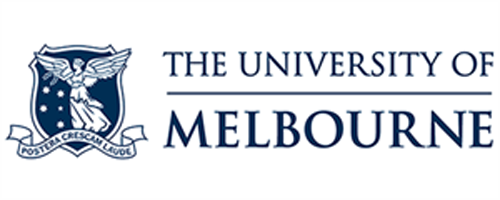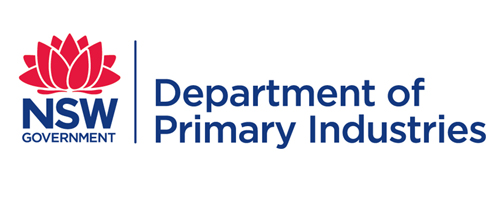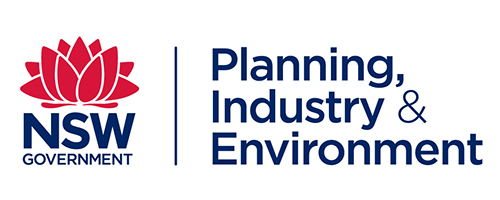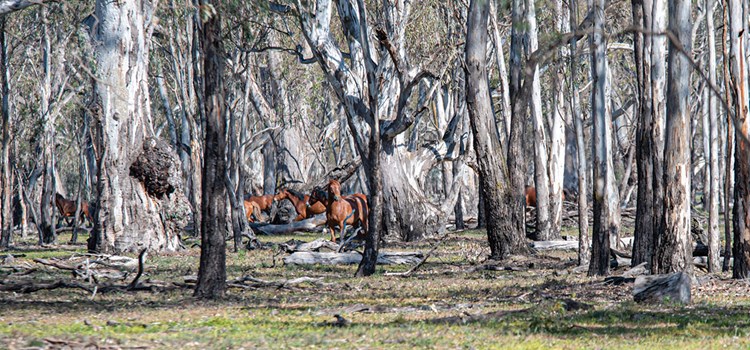
Project: 8.4.3
Managing the impacts of feral herbivores following regional-scale wildfire
Project Leaders: David Duncan
Research in Brief
In the wake of the 2019–20 bushfires, conservation managers in south-eastern Australia are concerned about the implications that interacting fire and herbivore threats may have for recovery of threatened species and ecological communities.
Feral herbivores may take refuge in unburnt areas, and then exploit recovering growth in burnt areas, greatly inhibiting ecosystem recovery, if not catalysing irreversible shifts. This calls for urgent action and clear analytical approaches that will be available for rapid deployment in future.
This project will review the exposure of threatened species and ecological communities to wildfire and herbivore impacts in wooded ecosystems of south eastern Australia. It will also develop case studies to explore risk and management opportunities.
Why is the research needed?
Feral vertebrate herbivores are an important threat to many endangered species and ecological communities. Over-abundant native herbivores can also threaten other native species and communities, but this this project will focus more on impacts from feral species, which may relate to feeding itself (herbivory), or to other aspects of behaviour, such as wallowing, pugging and soil compaction. When trying to devise effective strategies to lessen the impacts of vertebrate herbivores we tend to have in mind business-as-usual decision-making. We typically set other threats to one side in order to isolate herbivore impacts.
But what about the interaction of herbivory and landscape scale wildfire? Fire, often characterised as inappropriate fire regimes, is another recognised threat to many endangered species and communities. Considering the long-term impact of fire regimes is important, but single events such as the catastrophic landscape-scale wildfires of 2019–20 may radically alter the risk, opportunity and cost effectiveness of those decisions, moving chronic threat towards acute threat and thus requiring timely intervention to reduce risks or exploit opportunities. There is little guidance in the scientific or technical literature for conservation managers considering these interacting threats for the purposes of emergency biodiversity response planning.
This study aims to close this gap by exploring ways to effectively manage the threat that vertebrate herbivores pose to threatened species and communities in the wake of the regional scale wildfires such as the 2019–20 wildfires.
How will the research help?
While the 2019–20 bushfires were still burning, researchers, state and territory agencies and NGOs undertook unprecedented action to build situation analyses and prioritisation activities into an emergency biodiversity conservation response. With the support and collaboration of agencies and NGOs, this project will aim to review, develop and share datasets, experiences and insights from the actual response to the 2019-20 fires. We aim to assist teams tasked with similar problems in the future to anticipate and respond to herbivore impacts on threatened species and communities affected by wildfire.
This project will support the recovery of fire-affected threatened species and ecosystems where interacting impacts of herbivores represents a critical threat, by reviewing approaches to managing the herbivore threat to native species and ecosystem recovery post-fire, and equipping teams who need to make rapid decisions about risk and opportunity, and cost-effective priorities in a post fire situation with critical information, including:
- Synthesised and appropriately framed information about how large wildfire modulates threatened species and ecological communities’ vulnerability to fire.
- Synthesised and appropriately framed information about how populations of vertebrate herbivores that threaten endangered species and ecological communities respond to large wildfires.
- Templates for analytical approach(es) to evaluating acute risks and opportunities for herbivore management in the wake of landscape wildfire to facilitate responses to future fires.
What research activities are being undertaken?
The activities will include:
- Reviewing the exposure of south-eastern Australia’s threatened species and ecological communities to post-wildfire feral vertebrate herbivore impacts. Reviewing the exposure of sites, landscapes and species of cultural significance.
- Reviewing how feral vertebrate herbivores threaten listed and culturally significant species and ecological communities, and evidence for hierarchies in herbivore impacts (where multiple herbivores affect given species and communities).
- Reviewing what is known about the likely post-fire changes in the distribution, density and behaviour of important feral vertebrate herbivores in south-eastern Australian woodlands and forests, including the effectiveness of options for their control. We will focus on invasive hardhooved herbivores – deer, feral pigs and feral horses – but may include European rabbits, and even kangaroos and wallabies, at least in the literature review phase. We expect to be able to access data for selected herbivore species that will allow us to make comparisons pre- and post-fires.
- Developing case studies to explore in detail the changes to risks and opportunities for managing the impacts of feral vertebrate herbivores for threatened species and ecological communities. The case studies will focus on identifying approaches that will minimise the potential consequences to postfire recovery of feral vertebrate herbivores, across multiple species and ecosystems.
- Identifying knowledge gaps that may get in the way of effective management of acute feral vertebrate herbivory threats in the aftermath of these landscape-scale fires.
Who is involved?
The project will be led by researchers from The University of Melbourne, who also lead a related project on managing herbivore impacts on Threatened Ecological Communities. but will depend on past work and fresh input from a host of agencies, Institutions and NGOs.
Where is the research happening?
The project review activity focuses on fire-affected wooded ecosystems of eastern and southern Australia and their threatened species and ecological communities. Case study locations will depend on the availability of pre-post fire data from early large-scale fires.
When is the research happening?
The project will run from January 2020 to June 2021.
More Information
For more information please contact:
David Duncan david.duncan@unimelb.edu.au
Top image:Feral horses in a woodland in Victoria. Image: cafuego CC BY-SA 2.0 Flickr
